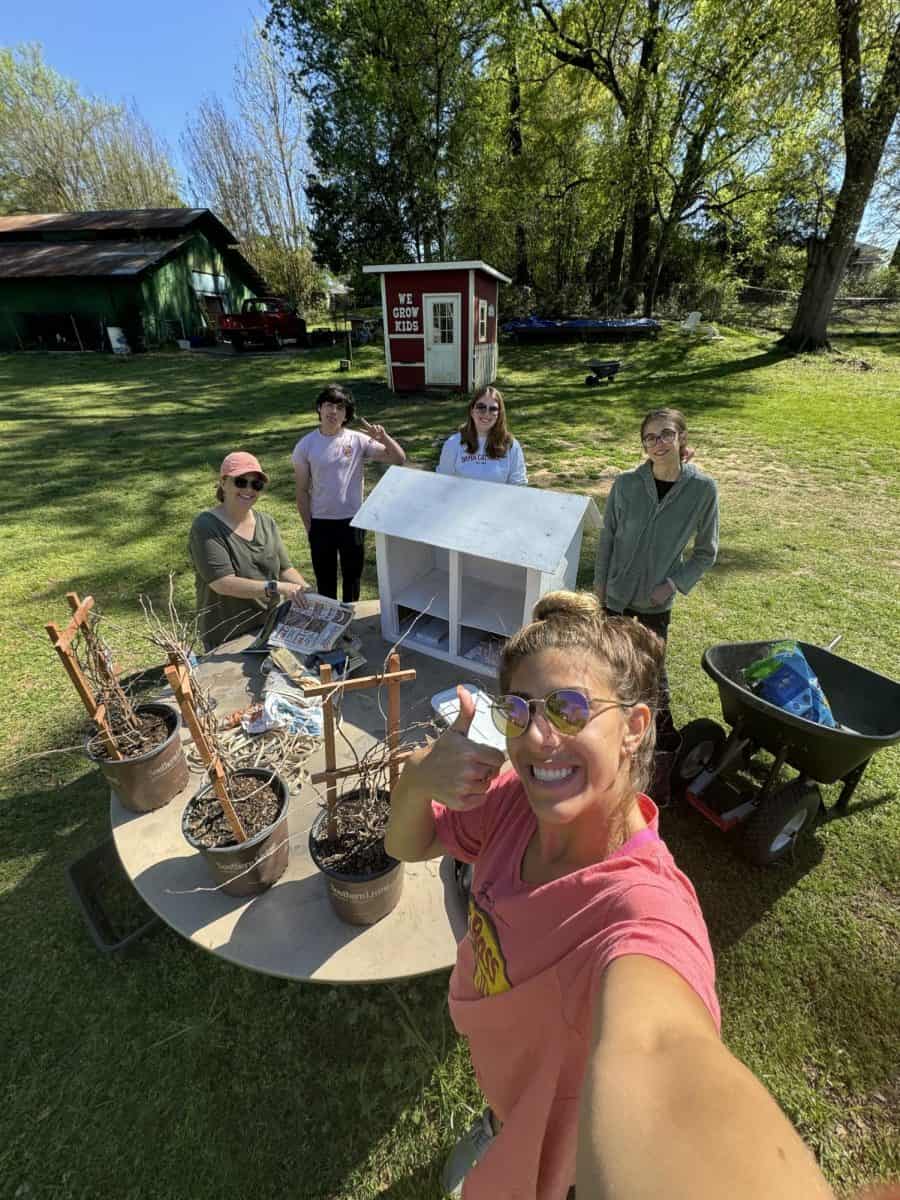There’s no denying that college can be a challenge, but when it comes to law school, the pressure is on in a whole new way. Undergraduate students have different ways of preparing for law school entry and exams, but their end goal is the same: to get into law school and succeed.
Katlyn Strickland is a third-year environmental law student. During high school, she interned at a defense attorney’s office, which got her interested in studying law.
As an undergrad, Strickland double majored in criminal justice and political science. She took a Kaplan test prep course to help her prepare for the Law School Application Test (LSAT), where her instructor walked her through practice problems and assigned homework to help her study.
“That was really helpful for me because I needed a kind of structure to study for the LSAT because it’s unlike any other test you’ve taken,” Strickland said. “It’s not subject matter-based like some graduate school entry tests are, it’s really like a strategy test.”
The LSAT has five sections of multiple choice questions and a writing section that tests students’ skills and comprehension. The questions within the test are designed to test reading comprehension and analytical and logical reasoning.
Aaron Smith, a third-year first amendment law student, self-studied for the LSAT. He said that the test itself was nerve-wracking, and he took the test twice to have a better chance.
“It felt like a lot was on the line and you never know how you’re going to perform under that type of pressure when it’s in your mind that this is the test that’s going to get you into Law School A versus Law School B or get you Scholarship A versus Scholarship B,” Smith said.
The first year of law school is a series of set courses, designed to help students walk through fundamentals and determine their specific concentration. While classes are designed to ease students into the process, students are often given full case files to read through and papers to write based on topics covered in class.
“It’s not like undergrad,” Strickland said. “The teachers demand way more of you in class, you actually do have to read before you go to class and be prepared to answer questions at any time, so I wasn’t necessarily used to that. I did read in undergrad, but I wasn’t being put on the spot as much and obviously reading a case is a lot harder to read than five pages in a book.”
Though used as a way of learning the ways of the courtroom, the case files can often spark discussion within the classroom as they work through the subject matter. Often, the court’s decision will conflict with the morals of the student reading them.
“You’re never going to 100 percent agree with every single case,” said Harshila Leva, a third-year student focusing on criminal and public defense. “That’s just not possible, because every court is so different, and the same court doesn’t rule liberally or conservatively in every case, but there’s some times when the facts are just egregious and you have to take a double take and remember that this actually does happen.”
Will Menas, a second-year business and real estate law student, said that the cases inspire him to work harder for his clients to help answer moral questions. Often the in-class discussions of cases cover how courts within Alabama would rule on a similar case, with each state’s jurisdiction being different.
“I used to get mad when I read some of the cases because I didn’t like how the court ruled and it bothered me to think someone had to live with that decision,” Menas said. “Especially when, sometimes the teacher would ask me that question and end it with ‘yeah, I think the judge got it wrong.’”
To complete law school, students must pass the Bar Exam, a test that determines if a student is qualified to practice law in a specific jurisdiction. While parts of the test are geared towards general law, portions of the Bar Exam focus on the state level in an essay format.
Sabrina Nelson, a senior majoring in consumer science, is currently in the process of applying to law school, where she hopes to study intellectual property law. In her classes, she is currently preparing for the LSAT by taking practice exams, reading cases and learning about the trial process and the Supreme Court.
“Me, being a student and being young in our generation, I just want to be able to defend people,“ Nelson said. “It doesn’t necessarily have to be to defend them within a courtroom. We don’t know how to defend ourselves, simple as that, so I wanna be that voice and be that person that’s able to take that action to defend people.“
Nelson is hopeful for her acceptance into law school and the future beyond, where she hopes to reach a broad community both in the United States and internationally.







